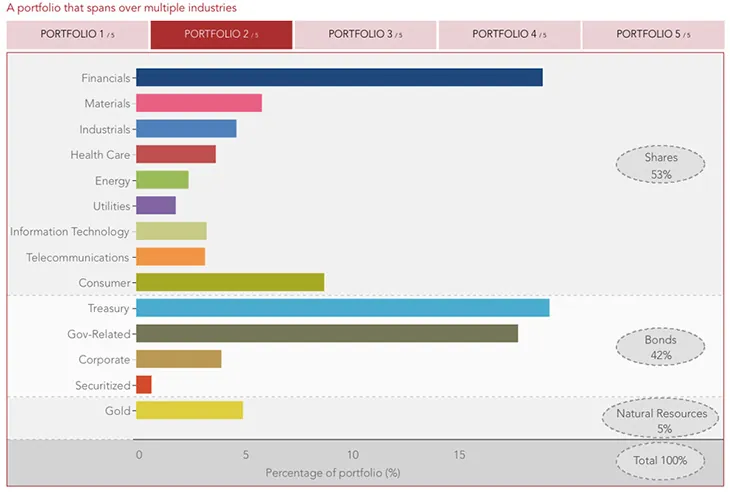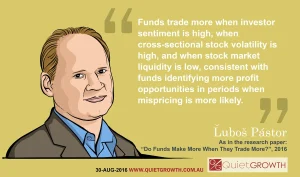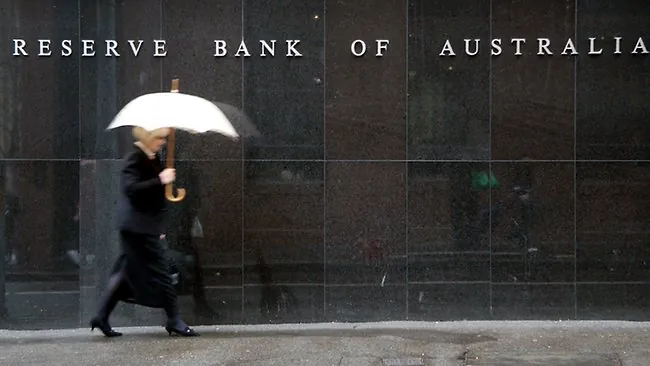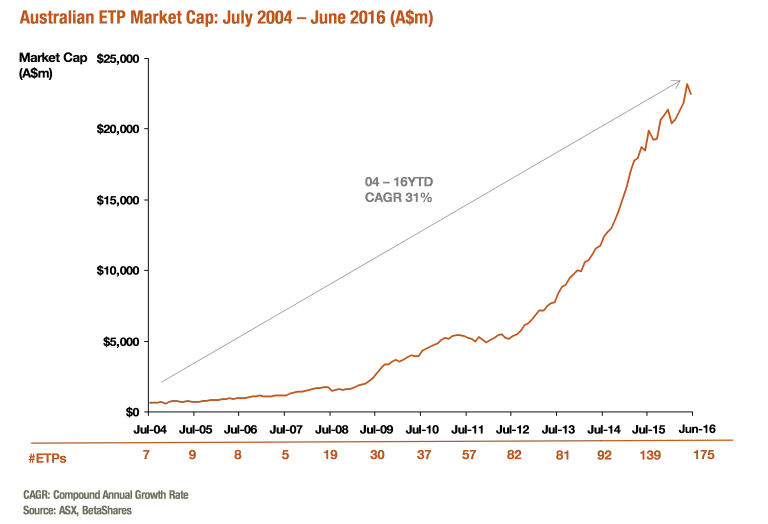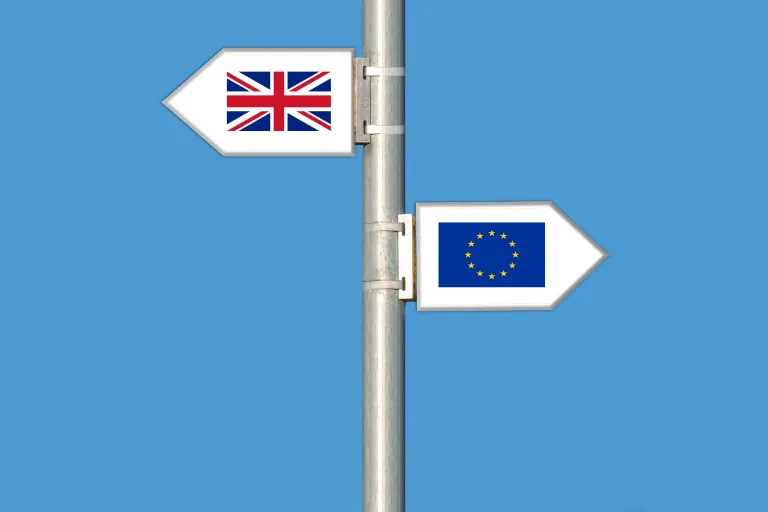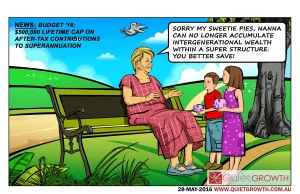As part of the 2016 Federal Budget, Treasurer Scott Morrison presented the Government’s Superannuation Reform Package. The reforms centre on supporting the official objective of superannuation, “to provide income in retirement to substitute or supplement the Age Pension.
In his budget delivery speech, the Treasurer announced that the reforms are intended to improve the fairness of the superannuation system for women and lower income earners, while reducing the extent to which super is used by the wealthy for tax-minimisation or estate planning purposes.
According to the Treasurer:
- 96% of people will be unaffected by changes to superannuation tax concessions for higher income earners
- More than 4% of people will benefit from changes intended to improve the equity of the superannuation system for women and lower income earners.

